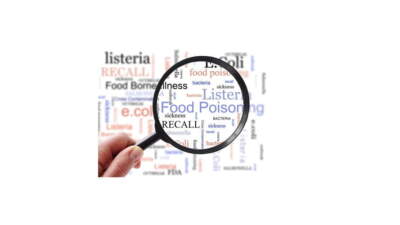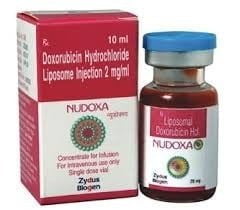Influenza vaccination for children 6 months through 18 years of age
CDC’s Advisory Committee Recommends Influenza Vaccination for Children 6 months through 18 years of age. – A panel of immunization experts voted to expand the recommended ages for annual influenza vaccination of children to include all children from 6 months through 18 years of age. The previous recommendation was for vaccination of children from 6 months to 59 months of age.


